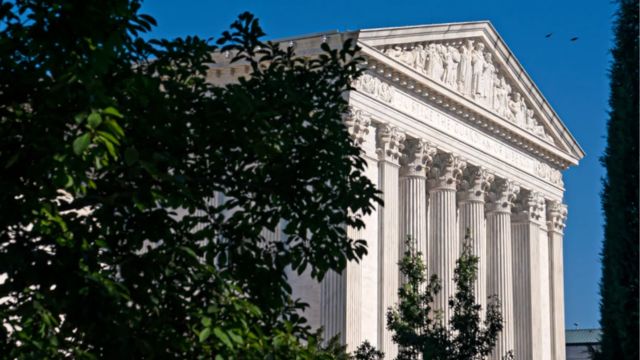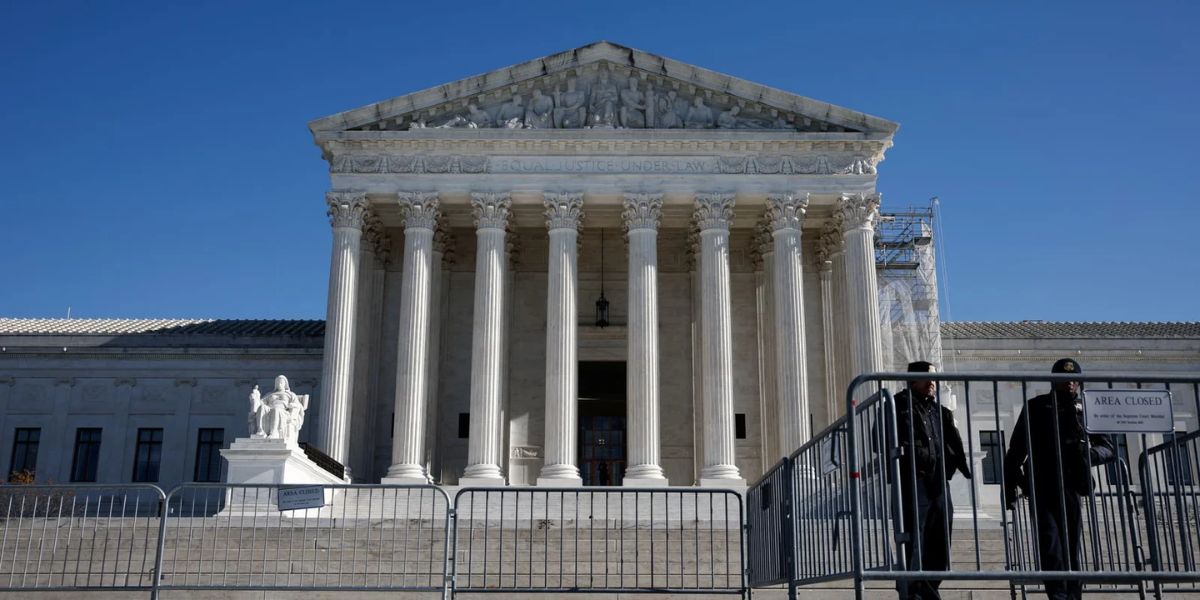The Supreme Court cleared the path for the claims to proceed on Monday by stating that it will not decide whether to dismiss lawsuits filed by Honolulu that sought billions of dollars from oil and gas firms for damages brought on by the consequences of climate change.
The case being fought in Hawaii state court is comparable to others that state and municipal governments have brought in their courts against the biggest energy companies in the country.
The lawsuits allege that the oil and gas sector ran a dishonest campaign, misleading the public about the risks associated with their fossil fuel products and their effects on the environment.
Fifteen energy corporations petitioned the Supreme Court to overturn a Hawaii Supreme Court ruling that permitted the Honolulu city and county, along with its Board of Water Supply, to pursue a case.
Honolulu made a number of claims under state law in the March 2020 lawsuit filed in Hawaii state court, including failing to warn the public of the dangers associated with their fossil fuel goods and causing a public nuisance.
The city claimed that the oil and gas sector was causing erosion, flooding, and more frequent and severe extreme weather occurrences as a result of global climate change. They claimed that because of these modifications, there has been property damage and a decrease in tax revenue due to fewer tourists.
The energy corporations unsuccessfully attempted to have the case transferred to federal court, claiming that the Clean Air Act and federal law superseded Honolulu’s state law rights. Their attempts to get the lawsuit dismissed were rejected by a state trial court.
Greenhouse gas emissions, according to the oil and gas sector, “flow from billions of daily choices, over more than a century, by governments, companies, and individuals about what types of fuels to use, and how to use them.”

According to the businesses, Honolulu was requesting compensation for the “cumulative effect of worldwide emissions leading to global climate change.”
In the end, the Hawaii Supreme Court permitted the case to go on. The state’s highest court ruled that federal common law guiding lawsuits seeking damages for interstate pollution was superseded by the Clean Air Act. Additionally, it dismissed the oil corporations’ claim that Honolulu was attempting to control emissions by bringing the complaint, concluding that the city’s goal was to contest the advertising and sale of fossil fuel products “without warning and abetted by a sophisticated disinformation campaign.”
The oil firms sought the U.S. Supreme Court to halt Honolulu’s lawsuit from proceeding and requested that it examine the Hawaii high court’s decision. Attorneys for the energy sector contended that interstate pollution regulation is a federal matter subject to federal law.
Bear Enjoys Late-Night Swim in California Family’s Pool Despite the Cold
“Rarely does a case of such extraordinary importance to one of the nation’s most vital industries come before this court,” lawyers for the companies stated in a filing. “Energy companies that produce, sell, and market fossil fuels are facing numerous lawsuits in state courts across the nation seeking billions of dollars in damages for injuries allegedly caused by global climate change.”
By arguing that the case presents a “recurring question of extraordinary importance to the energy industry,” the oil and gas industries petitioned the Supreme Court to take up the issue.
“In these cases, state and local governments are attempting to assert control over the nation’s energy policies by holding energy companies liable for worldwide conduct in ways that starkly conflict with the policies and priorities of the federal government,” they stated. “That flouts this court’s precedents and basic principles of federalism, and the court should put a stop to it.”
According to a filing by Honolulu’s attorneys, the complaint aims to hold the oil and gas sector legally responsible in Hawaii for “deliberately concealing and misrepresenting the climate-change impacts of their fossil-fuel products.”
The city went on to say that its lawsuit does not conflict with the EPA’s jurisdiction to control greenhouse gas emissions. The oil and gas firms were accused by Honolulu’s legal team of promoting a theory in the lawsuit that “improperly attempts to cloak the former federal common law of interstate pollution in constitutional garb, with no foundation in the Constitution’s text or history.”




